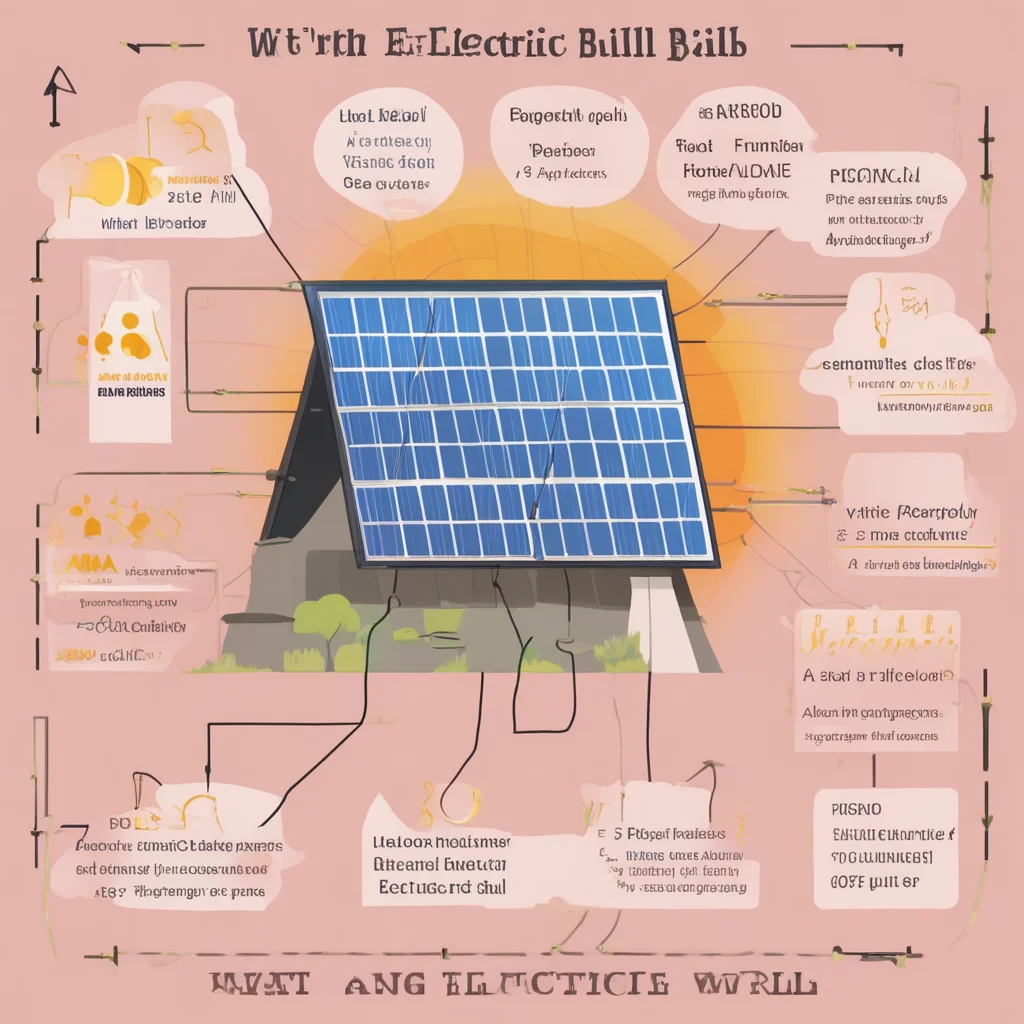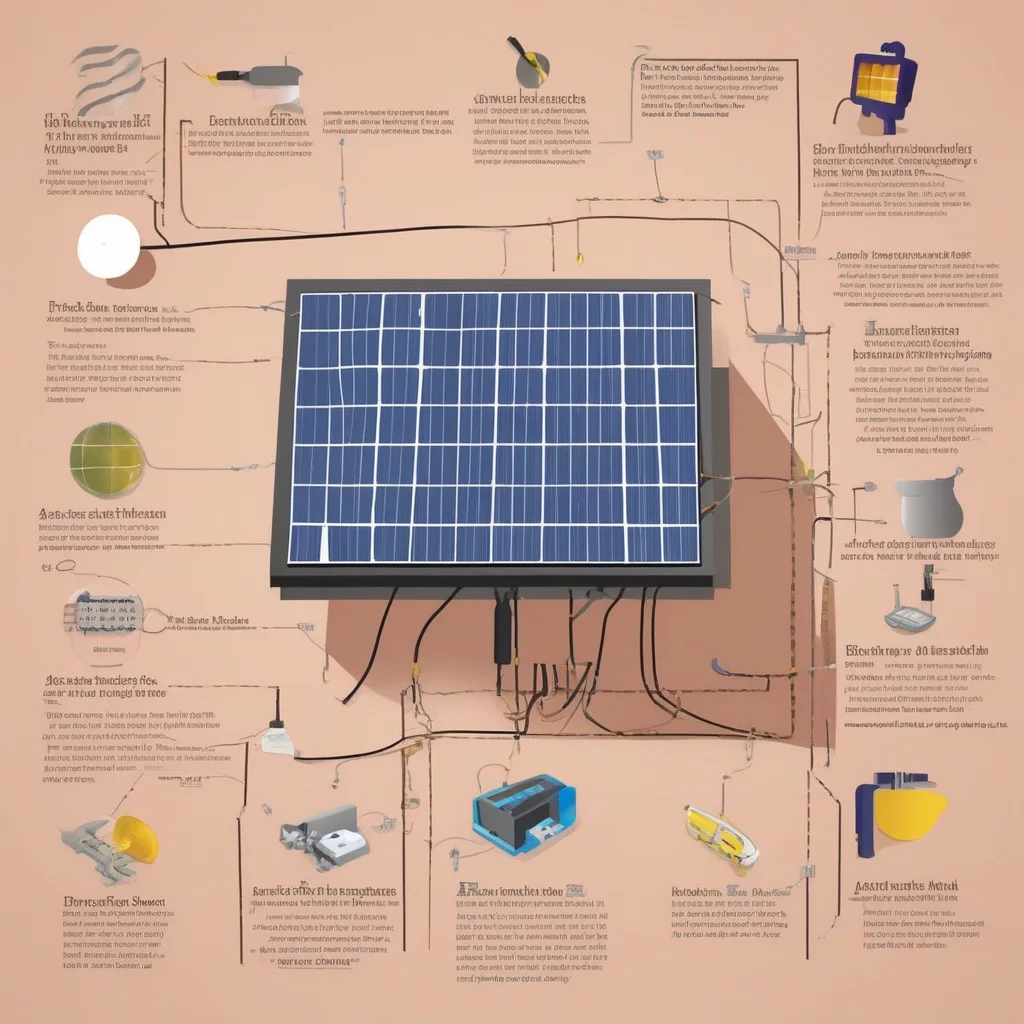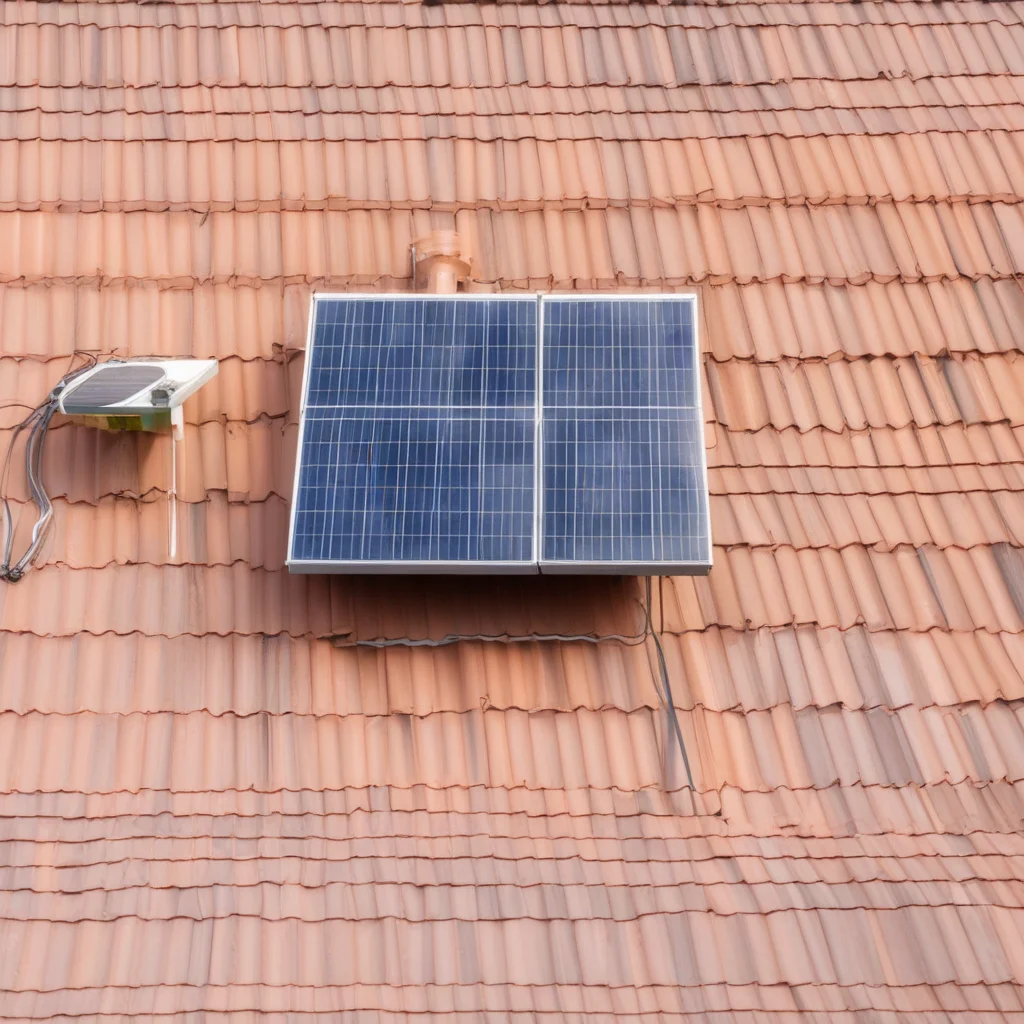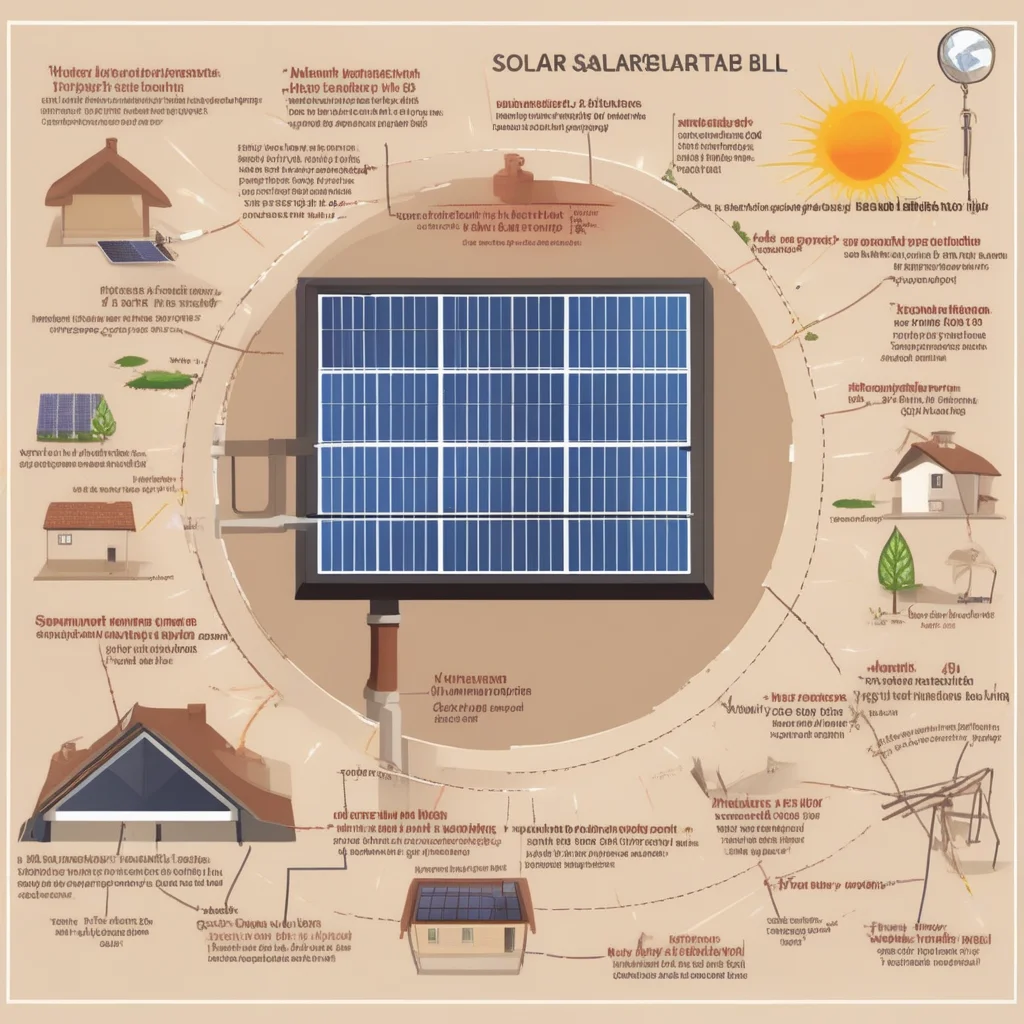H1: Introduction to Solar Panels
Solar panels are like magic windows that turn sunlight into electricity. They sit on rooftops, soaking up the sun’s energy all day long. This energy is then used to power everything in your house, from lights to TV and even your refrigerator. By using solar power, you can save a lot on your electric bill. But how exactly does it work? Let’s find out!
H2: How Solar Panels Work
Solar panels have special cells called photovoltaic cells. These cells capture sunlight and turn it into electricity. Think of them as little energy factories that never stop working during the day! The electricity generated goes through an inverter, which changes it from direct current (DC) to alternating current (AC). AC is what most of our home devices use. This converted energy then powers your home, reducing the amount you need from the utility company.
H2: Solar Panels and Your Electric Bill
When your solar panels produce electricity, your home uses that power first. If your solar panels produce more energy than you use, the extra power goes back to the electric grid. This is called “net metering.” You can imagine it like a seesaw of energy—sometimes you give, and sometimes you take. For every extra bit of power you send back to the grid, you get credits on your electric bill. So, when your solar panels aren’t producing (like at night), you can use those credits, lowering your overall bill.
H3: Key Benefits of Solar Power
Solar panels are not just for saving money. Here are some amazing benefits:
- Clean Energy: Solar panels produce energy without pollution.
- Save Money: Reducing your electric bill can save you a lot over time.
- Energy Independence: You rely less on the electric company.
- Environmentally Friendly: They reduce your carbon footprint.
H2: How Do Solar Panels Affect Electric Bills?

Let’s break it down in a way that’s easy to understand:
- Daytime Energy: During the day, your solar panels work hard to produce energy. The more sun, the more power!
- Net Metering: Any extra energy your solar panels create is sent back to the grid, and you earn credits.
- Using Credits: When your panels aren’t generating electricity, like at night, you use those credits instead of paying for extra power from the electric company.
H2: Types of Solar Panel Systems
There are different ways to set up solar panels, and they all affect your electric bill differently.
- Grid-Tied System: This is the most common setup. You stay connected to the electric grid, and you use net metering to save money.
- Off-Grid System: You’re completely independent and not connected to any electric company. You’ll need batteries to store extra energy.
- Hybrid System: A mix of both. You have batteries and stay connected to the grid.
H2: Product Key Features of Solar Panels
To understand the product better, here’s a simple table with key features:
| Feature | Details |
|---|---|
| Photovoltaic Cells | These are the heart of solar panels, turning sunlight into electricity. |
| Inverter | Changes the electricity from DC to AC, making it usable for your home. |
| Mounting Systems | Keeps panels secured on your roof, adjusting to catch the most sunlight. |
| Battery Storage | Stores extra energy for cloudy days or nighttime use. |
| Net Metering | Credits you for excess power sent back to the grid, lowering your bill. |
| Efficiency | Measures how much sunlight is turned into usable energy; higher is better! |
| Durability | Panels are built to withstand weather, lasting 25 years or more. |
| Monitoring System | Helps you track how much energy your panels are making. |
H2: Understanding Your Electric Bill with Solar
Your electric bill will look different when you have solar panels. Here’s what to keep an eye on:
- Usage Charges: This shows how much energy you’ve used from the grid. With solar, this number should be much lower.
- Credits: You’ll see credits for any excess energy your panels send to the grid. These credits help reduce your bill even further.
- Service Fees: Even if you produce all your energy, the electric company may still charge a small fee for staying connected to the grid.
H2: Tips for Maximizing Solar Savings
- Monitor Your Usage:
 Keep track of your energy use and adjust as needed.
Keep track of your energy use and adjust as needed. - Use Power During Daylight: Do laundry, run the dishwasher, or charge devices when the sun is shining.
- Maintain Your Panels: Clean them regularly and keep them in good condition for best performance.
- Upgrade Appliances: Energy-efficient appliances work best with solar power and can help you save even more.
H2: Cost of Solar Panels
The cost of installing solar panels can vary, but many people find the long-term savings worth it. Here’s a basic breakdown:
- Installation Cost: This includes the panels, inverter, and any other necessary equipment.
- Maintenance: Solar panels don’t need much upkeep, but occasional cleaning and monitoring are recommended.
- Return on Investment: Most people see their solar panels paying for themselves within 5-10 years due to electric bill savings.
H2: Government Incentives
Governments often offer incentives to make solar panels more affordable. These can include:
- Tax Credits: Reduce the amount of tax you owe.
- Rebates: Direct cash back for installing solar panels.
- Low-Interest Loans: Make it easier to pay for the initial installation costs.
H2: Common Myths About Solar Panels

- Myth: Solar panels only work in sunny weather.
- Fact: They work in all daylight conditions, even on cloudy days.
- Myth: Solar panels are too expensive.
- Fact: Costs have dropped significantly, and incentives help lower the initial price.
- Myth: You can’t use solar power at night.
- Fact: You can use stored energy from batteries or net metering credits.
H2: The Future of Solar Energy
Solar energy is getting better and more affordable every day. With advances in technology, solar panels are becoming more efficient, and battery storage is improving. The future looks bright for solar power!
H2: FAQs
- Do solar panels work on cloudy days?
Yes, solar panels still work on cloudy days. They capture any available light, but they are most effective in direct sunlight. - How long do solar panels last?
Most solar panels last around 25 to 30 years with proper care, making them a great long-term investment. - Can I go completely off-grid with solar panels?
Yes, but you will need a reliable battery storage system to supply power when the sun isn’t shining. - What happens if my panels produce more energy than I use?
You get credits through net metering, which can be used to lower your electric bill during times when your panels aren’t producing as much power. - Are solar panels hard to maintain?
Not at all! A quick cleaning a couple of times a year and regular checks will keep them working well.
H2: Conclusion
Solar panels are an incredible way to harness the power of the sun and save money on your electric bill. They work by turning sunlight into usable electricity, reducing your reliance on the electric grid. With benefits like clean energy, cost savings, and government incentives, going solar is a smart choice for many households. Whether you want to lower your carbon footprint or cut down on expenses, solar panels provide a bright future for your home. So why not let the sun work for you? Dive into the world of solar and watch your electric bill shrink while your savings grow!
By understanding how solar panels work with your electric bill, you’re one step closer to becoming an energy-savvy superstar. Ready to let the sun power your home? Your journey to solar savings starts now!

